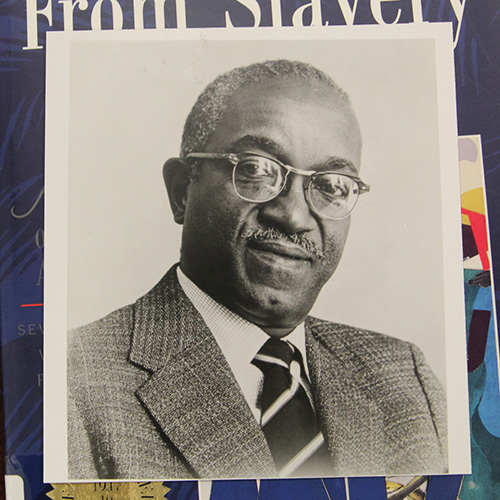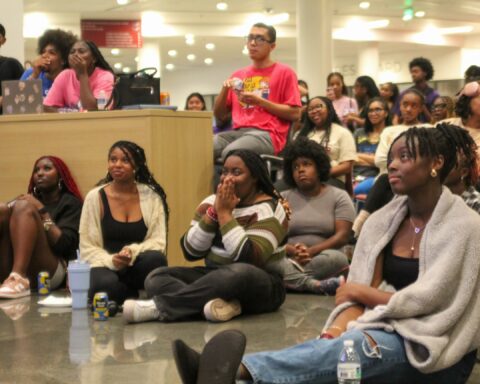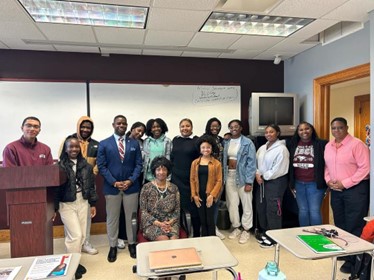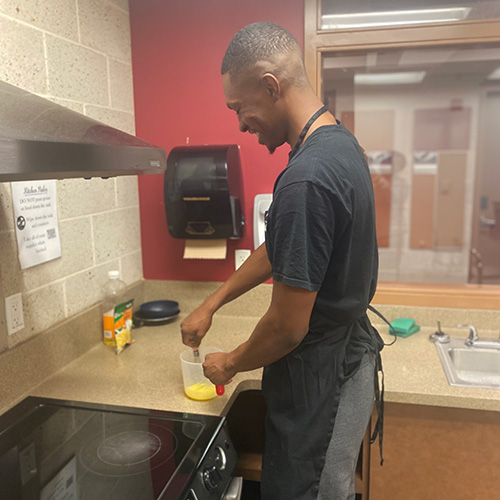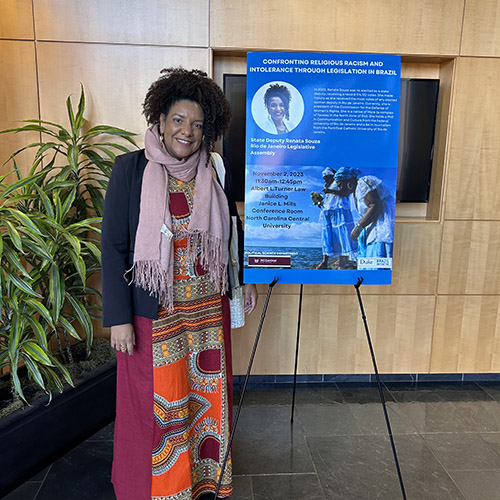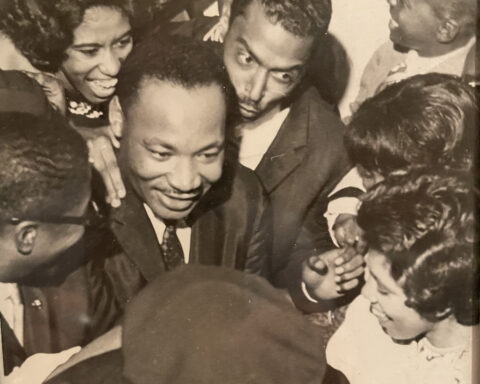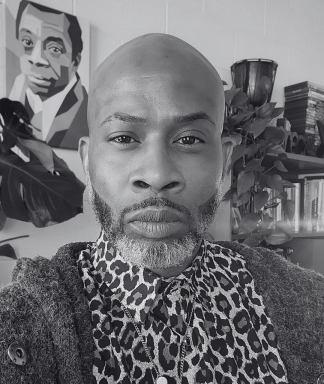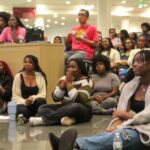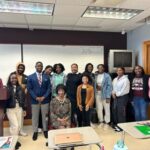Sponsored by Duke University and N.C. Central University, day one of “From Slavery to Freedom: From Durham to the World” celebrated the legacy of John Hope Franklin and his book, “From Slavery to Freedom.”
Born in 1915, Franklin earned his bachelor’s at Fisk University in 1935. He continued his education at Harvard University and received his doctorate in 1941. Shortly after, he began a decades-long career as a historian and activist, teaching worldwide, including at Duke and NCCU.
Lasting throughout the day, panels at the New Student Center covered scholarship during Jim Crow, new Black histories, and Franklin as a mentor and friend.
As highlighted by NCCU’s Chair of the History Department, Charles Johnson, Franklin’s work on “From Slavery to Freedom” was done while he taught on the sloping hills and verdant green.
“It’s a work transcending time,” Johnson said.
While Franklin died in 2009, his book receives updates, remaining relevant in the modern era. Before he died, Franklin worked with Harvard University Professor Evelyn Higginbotham to publish the 9th edition of his classic work. She would continue his legacy and publish the 10th edition and is currently working on an 11th edition.
The first panel on Jim Crow Scholarship discussed the persistence of Black progress at a time when opportunities were limited. Jim Harper, interim associate dean of the school of graduate studies at NCCU, highlighted an NCCU Department Chair of the era, Jacks Jordan.
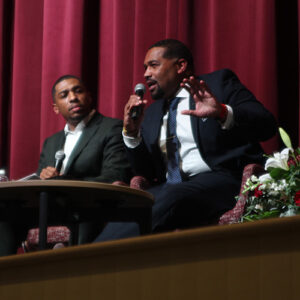
A son of a former slave, Jordan was a minister who started teaching at 17. In 1918, he established NCCU’s Department of History, becoming the first and only professor of history until 1939.
“His accomplishments provided a foundation for others to come,” Harper said.
The second panel discussed how society could build on the Black histories that Franklin and others illuminated. Jarvis Givens, a Harvard professor, said that after reading Franklin’s work, he began researching Black collections. Through his studies, he discovered “distinctive challenges” people of color face.
“Though African Americans had more access to literacy, the loss of historical materials did not cease,” Givens said. “Because one cannot assume archival abundance in the afterlife of slavery.”
Givens then presented his digital archive project focusing on the “ intellectual and political legacy” of Black scholars.
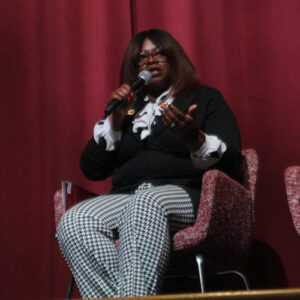
The third panel was a conversation on Franklin’s role in public history. Moving forward, Andre Vann, NCCU archivist, wants people to understand their role in history and the importance of their experiences.
Black History Museum and Cultural Center’s Executive Director, Shakia Gullete-Warren, said if public history is going to thrive, historians must be able to tell both old and new stories.
“The public needs to understand that it’s a collective, our stories,” Warren said. “You have to trust us to do our very best to tell the story in a way that makes everybody comfortable.”
In the evening panel, speakers discussed the personality of John Hope Franklin. NCCU’s Emeritus Professor of History, Freddie Parker, said he met Franklin as an NCCU junior.
“He had a graciousness and warmth, a humility to assist scholars.”
Lydia Lindsay, the Julius L. Chambers professor of history at NCCU and former student of Franklin, also spoke of his generosity and how he offered a “wealth of knowledge” to his students.
Higginbotham recalled how Franklin birthed her love for flowers.
“He would take me to his greenhouse and see all the flowers blooming.”

